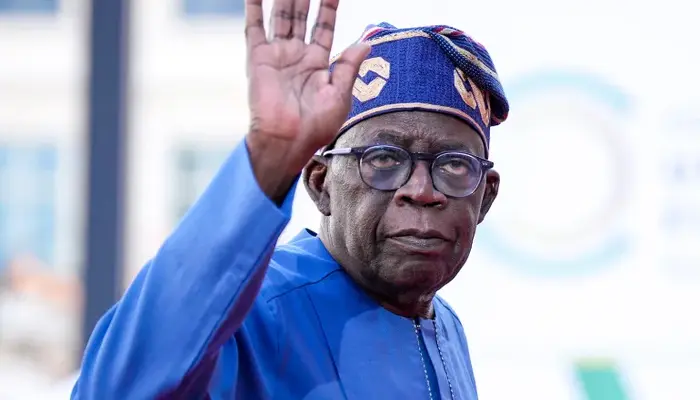In response to public outrage, Nigeria’s President Bola Tinubu has ordered the release of minors who were detained and charged with treason after participating in August protests against the rising cost of living. The directive to release the children, according to Information Minister Mohammed Idris, comes amid mounting criticism over the government’s handling of protests, highlighting the ongoing challenges of Nigeria’s economic crisis.
Protests Spark Mass Arrests
The nationwide protests erupted in August, with demonstrators gathering in major cities such as Abuja and Lagos to voice frustration over surging inflation and economic hardship. The protests, marked by a significant presence of young people, led to the arrests of at least 76 individuals, including 30 minors. These minors faced charges of treason and inciting a military coup, drawing widespread condemnation and public concern.
Public Outcry Over Treatment of Minors
The court arraignment of the detained minors intensified public criticism, with many Nigerians denouncing the charges as excessive and demanding their immediate release. Rights groups, including Amnesty International, have expressed alarm at the government’s response to peaceful protests, noting that clashes between demonstrators and security forces resulted in the deaths of at least 22 individuals during the August protests.
Read: Elon Musk Outraged Over Euthanization of Peanut the Squirrel
The public backlash prompted President Tinubu’s recent decision to release the detained children and drop the charges against them. “The president has directed that these children, these minors, be released immediately,” Idris confirmed, addressing the nation’s concerns about the treatment of young protesters and the broader implications for freedom of expression in Nigeria.
Economic Reforms Fuel Unrest
The protests were in reaction of a dire economic crisis, with inflation rates at historic highs and many Nigerians struggling to meet basic needs. President Tinubu’s recent economic reforms, intended to stabilize Nigeria’s struggling economy, have led to an acute cost-of-living crisis, impacting food and fuel prices. This wave of hardship has intensified dissatisfaction across the country, especially among the youth, who make up a significant portion of the population and are grappling with high unemployment rates and limited economic opportunities.
Despite public discontent, President Tinubu remains committed to these economic reforms, which he asserts are essential to Nigeria’s long-term financial stability. However, with widespread poverty and rising costs, the path forward remains challenging. Young Nigerians, in particular, feel the brunt of these economic difficulties, and their voices are growing louder in demand for reform.
Security Issues Compound Economic Strain
In addition to economic woes, Nigeria faces a persistent security crisis, particularly in the north, where armed gangs have repeatedly targeted communities, kidnapping residents and schoolchildren for ransom. This instability has had a damaging effect on agricultural production, further straining the economy and exacerbating food shortages. President Tinubu’s administration has pledged to address these security challenges, yet the situation remains dire for many Nigerians who live in constant fear of violence and insecurity.
Moving Forward Amid Challenges
President Tinubu’s decision to release the detained minors reflects an effort to address some of the grievances voiced by Nigerians, but the country’s underlying economic and security challenges remain unresolved. As Nigerians continue to push for better living conditions, many hope that the government will not only listen but also take concrete steps toward creating economic opportunities and ensuring a safer environment.
The recent protests and subsequent release of detained minors highlight a pivotal moment in Nigeria’s ongoing struggle for economic justice and security. As the government pursues difficult economic reforms, it must also address the immediate needs of its citizens, or risk further unrest from a populace already at its breaking point.
Follow us on Google News, Instagram, YouTube, Facebook,Whats App, and TikTok for latest updates
